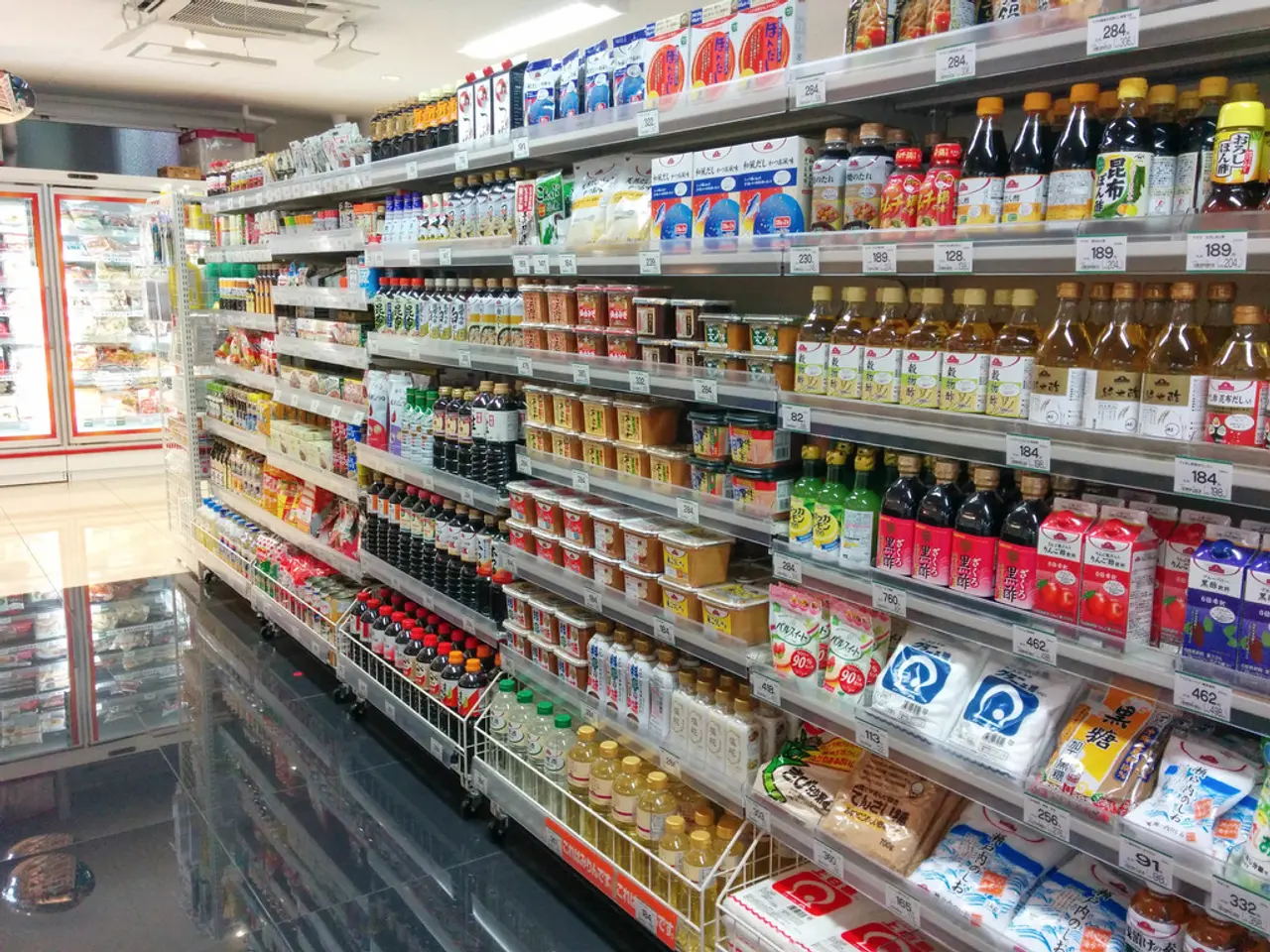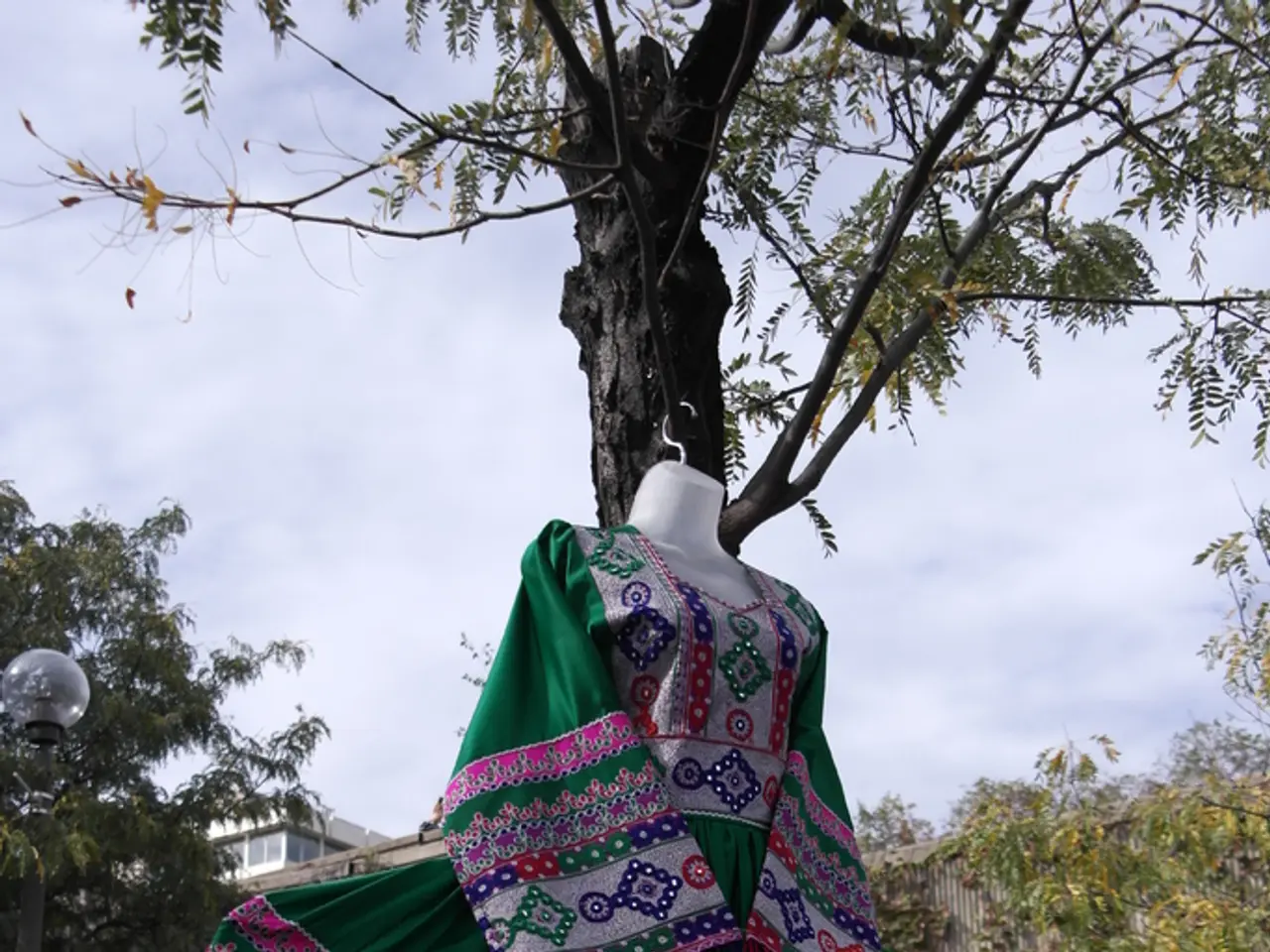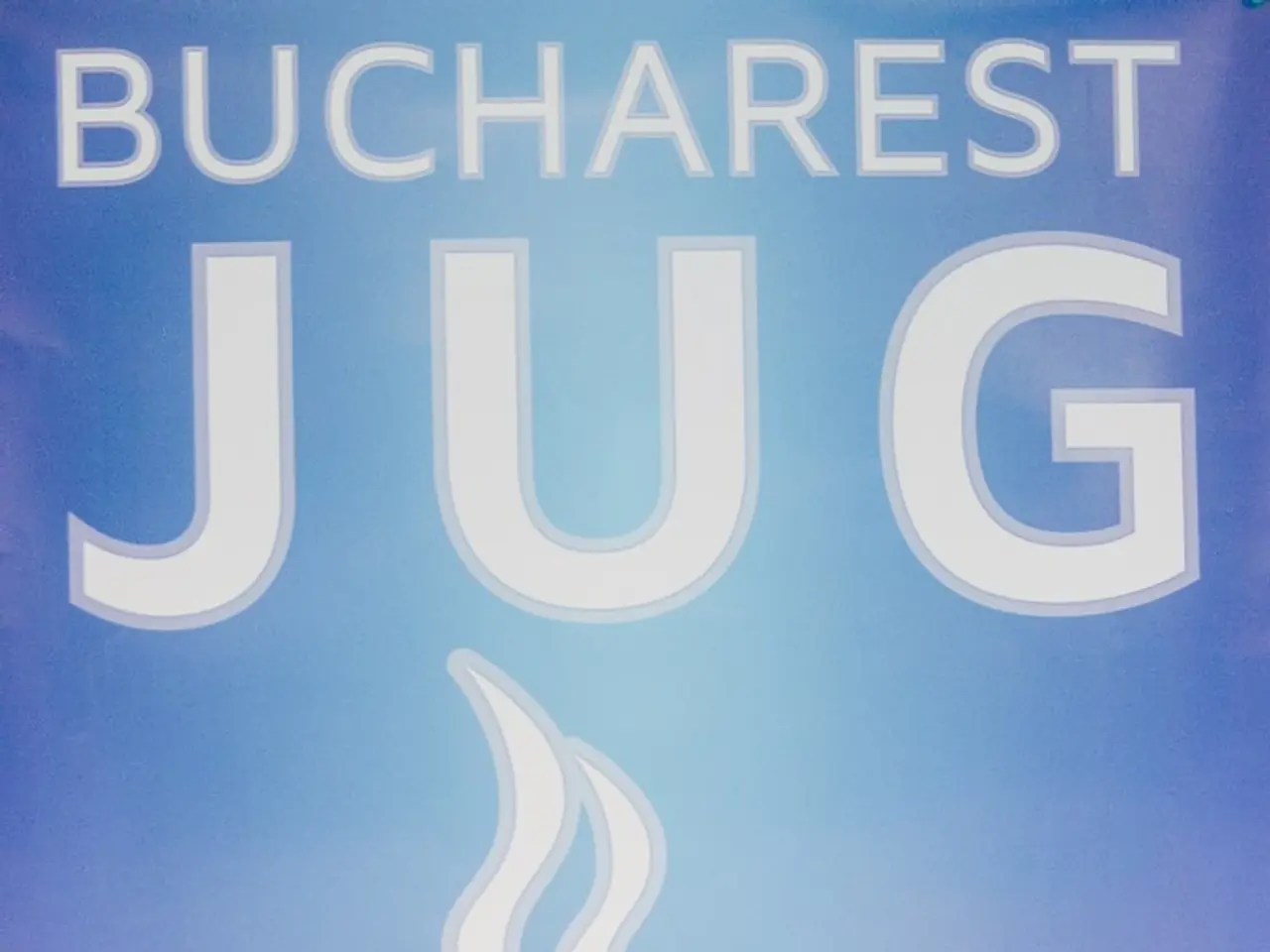Banks Allegedly Acquire Ownership Interest in Mall of America
In a move aimed at protecting and potentially recovering value from their loan investments, lenders have taken equity stakes in both the Mall of America and the American Dream project, following the default by owner Triple Five Group. The American Dream's grand opening, initially planned for spring 2020, was delayed due to the pandemic, and the project has faced financial and legal issues, as well as the loss of retail tenants.
The financial woes in retail caused by the COVID-19 pandemic have affected various stakeholders, including mall landlords. As a result, two mall operators, PREIT and CBL & Associates Properties, filed for bankruptcy last fall, and another, Washington Prime, is reportedly preparing a bankruptcy filing. The pandemic also led to missed rent payments by customers to mall landlords, and sales have fallen.
However, there is some good news on the horizon. The increase in vaccinations against COVID-19 is considered good news for malls, as it may lead to an increase in foot traffic and revenue. According to Jefferies analysts, an improvement in inoculation rates has driven an improvement in consumer mobility in the retail and recreation categories. Consumer mobility in these categories reached their best numbers since mid-March 2020 in early March 2021.
Triple Five Group, which operates massive indoor, experience-based destination malls, may have been disadvantaged during the pandemic era. American Dream, with 100 restaurants and 450 stores, was shut down for seven months in 2020 and reopened in the fall, ahead of a surge in COVID-19 cases. The reopening of American Dream and potential increase in consumer mobility could offer a glimmer of hope for struggling malls.
To mitigate risk and provide lenders a chance to influence asset management and eventual recovery, lenders took more direct ownership positions after borrowers defaulted, such as Blackstone acquiring debt portfolios at discounts and lenders converting debt to equity. This approach was observed in 2025, where defaults on large real estate loans, including portfolios of apartment and mall loans, have caused lenders to take more direct ownership positions after borrowers default.
In the case of Mall of America, Triple Five put up a potential 49% stake in the mall as collateral for debt used to finance the American Dream project. The American Dream project ran into cash flow problems, leading Triple Five to hand over Mall of America stakes to lenders, including J.P. Morgan and Goldman Sachs. The Mall of America reportedly laid off more than 200 employees in 2020.
As the world continues to navigate the challenges posed by the pandemic, the recovery of the retail sector remains uncertain. However, the improvement in inoculation rates and the reopening of major malls like American Dream offer a glimmer of hope for the struggling retail industry.
- The increased vaccination rates against COVID-19 are seen as beneficial for the retail sector, as they might lead to an increase in foot traffic and revenue in malls, potentially aiding in the recovery of struggling malls.
- In an effort to mitigate risk and influencе asset management, lenders have taken more direct ownership positions, such as converting debt to equity, after borrowers defaulted, a practice observed in 2025, when defaults on large real estate loans, including portfolios of apartment and mall loans, were prevalent.
- Amid the uncertain recovery of the retail sector during the pandemic, the reopening of major malls like American Dream, following a delay caused by the pandemic, adds a glimmer of hope for the struggling retail industry, even as mall landlords like Triple Five Group continue to face financial and operational challenges.




